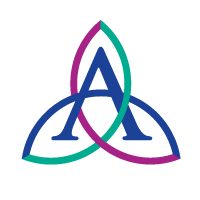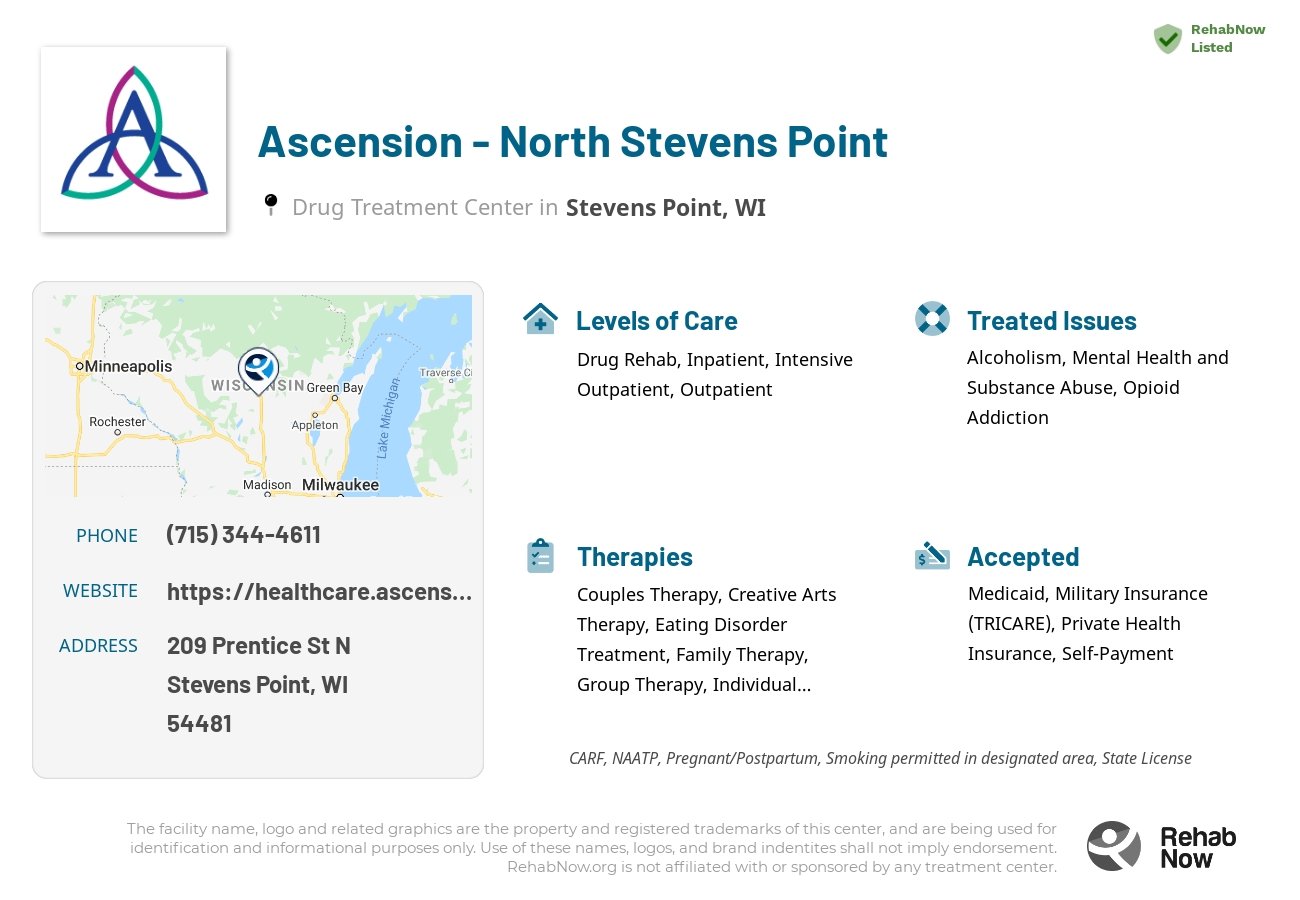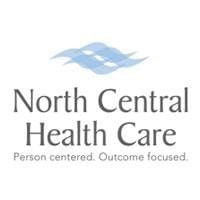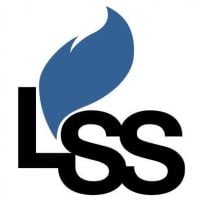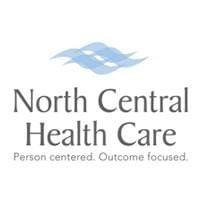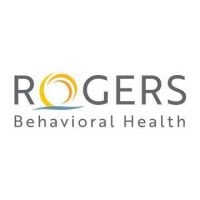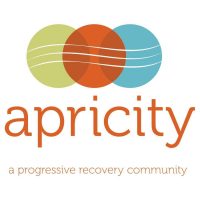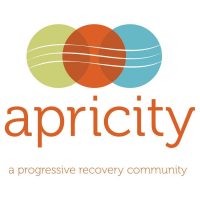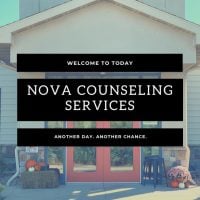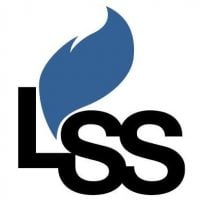Ascension - North Stevens Point
Drug Rehab Center in Stevens Point, Wisconsin
Ascension - North Stevens Point is a treatment facility in Stevens Point, Wisconsin, offering comprehensive services for individuals struggling with alcoholism, opioid addiction, dual diagnosis, eating disorders, and drug addiction, including inpatient, intensive outpatient, and outpatient programs, with a focus on personalized recovery.
About This Wisconsin Facility
Ascension - North Stevens Point is a treatment facility located in Stevens Point, Wisconsin, offering services for individuals seeking help with alcoholism, opioid addiction, dual diagnosis, eating disorders, and drug addiction. They provide a variety of levels of care, including inpatient, intensive outpatient, and outpatient programs. Ascension - North Stevens Point is affiliated with Ascension - Wisconsin and accepts Private Health Insurance. For anyone looking to start their journey towards sobriety, this facility offers a range of treatment options and support.
With a focus on addressing addiction and substance abuse, Ascension - North Stevens Point provides a comprehensive array of services and treatment methods. Their programs are tailored to meet the individual needs of each patient, offering a personalized approach to recovery. The facility offers drug rehab services, along with various levels of care such as inpatient, intensive outpatient, and outpatient programs. Treatment focuses on addressing alcoholism, opioid addiction, dual diagnosis, eating disorders, and drug addiction. Ascension - North Stevens Point strives to offer effective and evidence-based treatment methods to help individuals overcome their struggles with addiction, providing a supportive and safe environment for recovery.
Genders
Ages
Modality
Additional
Conditions and Issues Treated
Many people who struggle with opioid addiction need to attend specific programs like methadone , Suboxone or Vivitrol clinics.
These types of programs will provide the patient with legal, prescription medications that can help them overcome their cravings for illegal opioids like heroin or fentanyl . If the patient has a chronic condition like Hepatitis C, they must undergo treatment before they can begin taking these medications.
Levels of Care Offered at Ascension - North Stevens Point
This center offers a variety of custom treatment tailored to individual recovery. Currently available are Drug Rehab, Inpatient, Intensive Outpatient, Outpatient, with additional therapies available as listed below.
Individuals who are suffering from severe addiction or have a high risk for dangerous health concerns are often recommended to receive inpatient treatment.
Choosing to enter an inpatient treatment program is beneficial for people who are suffering from severe addiction, or who have a high risk for dangerous health concerns.
Inpatient treatment is beneficial for:
- People who have a history of severe withdrawal.
- People who have attempted to overcome addiction on their own without success.
- People who have a history of relapse, or have recently relapsed.
- People at risk for drug overdose or withdrawal-related complications.
- People with medical conditions that are worsened by drug or alcohol use.
Outpatient addiction treatment is beneficial for people who are able to function well in their day-to-day lives. It is recommended for people who are not yet ready to end their relationships with friends or family members who might be encouraging drug and alcohol use.
Intensive outpatient treatment is beneficial for:
- People who are able to attend treatment more than 3 times per week.
- People who do not meet the criteria for inpatient treatment.
- People who are able to contribute to their own recovery outside of the treatment center.
- People who are motivated towards recovery.
- People who are able to overcome addiction on their own without the need for higher levels of care.
Outpatient treatment programs provide drug and alcohol addiction treatment through individual sessions with a counselor, group therapy, 12-step meetings, and other activities to help individuals gain sober living skills. Most programs are designed for those individuals who have completed a medically supervised detoxification program and provide opportunities for clients to begin the process of early recovery.
Outpatient programs also offer a level of medical support as needed and psychological backing through therapy. Clients are encouraged to live at home, though there may be some flexibility regarding this requirement based on the circumstances and needs of each patient.
Outpatient treatment is perhaps the most common type of dual diagnosis program available. It does not pose a significant financial burden on patients. However, it is essential to note that outpatient treatment does not provide the support and supervision given in residential programs. Some addicts may need this level of support to maintain their sobriety.
Therapies & Programs
Therapy sessions focused on the individual addict can provide much-needed guidance as they work toward overcoming their addiction. These types of sessions typically involve guidance from a therapist, who will help addicts identify and process their feelings and cravings.
During these sessions, addicts may develop plans for coping with the triggers that typically lead to relapse and learn how to avoid those triggers during their recovery process.
If you are looking for drug recovery, couples therapy can be a great option. This type of therapy can help rebuild trust and joy in relationships that may have been damaged by addiction. It can also help reduce the dysfunctional behavior in a relationship that may trigger addiction. A patient’s partner will be involved in the process. They can also benefit from therapy, especially if they are trying to live with an addict.
The main goal of family therapy for drug addiction is to create an environment where communication can occur without judgment, hostility, or blame that often occurs within a family.
Family therapy is a type of group problem-solving that aims to improve communication and relationships between the patient, their family, and sometimes friends. The therapist is with the family as they learn to communicate with each other differently, especially with the addict when s/he is using.
The family can learn to reduce their enabling behavior or rally together and support each other during tough times. The patient also learns how to deal with their addiction and maintain sobriety while interacting with the family.
Different types of addiction treatment services are available. Within this article, group therapy is of interest due to its high success rate compared to individual therapy. Group therapy settings are beneficial because they allow recovering addicts to build a strong support network.
Benefits of group therapy are:
- Reduces feelings of isolation
- Immediate access to social support in the form of fellow addicts in recovery
- Lowers risk of relapse
- Increases rate of sobriety
- Builds coping skills that can be applied to everyday life
Trauma Therapy is a form of therapy that involves working with a patient to help them process and understand the past trauma(s) in their life. The idea behind it is that while some people can experience traumatic events and not have lasting psychiatric symptoms, many others will. In these cases, memories of the event get hidden from consciousness but continue to influence how the person processes and copes with things in their life. They may avoid situations that resemble what happened or become suddenly angry or irritated to a situation that reminds them of a past event.
With the help of a therapist, people can go back over memories and experiences. This helps them understand why they are having problems coping with certain situations and how they can change how they think and react to things. This therapy is typically done using techniques such as visualization, discussion, and writing down thoughts and feelings.
Trauma therapists will work with clients to help them understand their past and present relationships. Many times, patients may believe that something is inherently wrong with them or that they are unworthy of love. A therapist aims to correct these negative feelings and behaviors by helping the person realize that their actions do not reflect who they truly are.
One of the main goals of trauma therapy is to help clients express their emotions and talk about what they are feeling. This benefits both to increase awareness of how certain events have impacted them in the past and enables patients to realize that they can make changes in their lives.
Cognitive Behavioral Therapy (CBT) is used by drug treatment centers to help addicts comprehend the causes of their substance abuse and the consequences that follow. Through CBT, clients learn to recognize and avoid high-risk situations and cope with challenging situations when they arise.
CBT treatment often includes a combination of individual therapy, group therapy, lectures, and other activities. The treatment’s goal is to help addicts gain self-control and maintain abstinence from drugs and alcohol over the long term so that an addict can get sober and lead a more productive life.
CBT is particularly effective in helping people overcome their drug problems, especially people whose drug abuse is motivated by self-defeating beliefs and emotions.
Good nutrition can be difficult for people recovering from addiction because they may not feel like eating while they are experiencing the physical and emotional side effects of detoxing.
Nutrition therapy can help addicts in the following ways:
- Helps individuals to understand which foods promote good health and support recovery that will assist them during detox
- Provides guidance and education in Stevens Point, Wisconsin about how to maintain a nutritious diet so they can stay healthy during recovery
- Improves their overall health and well-being, which can reduce the severity of substance withdrawal symptoms.
Nicotine replacement therapies are effective because they provide you with the nicotine you are addicted to without inhaling carcinogens from cigarettes. Some types of NRT include nicotine gum, nicotine patches (transdermal systems), nasal spray, and lozenges. The benefits of using NRT can include reducing the risk of heart disease and cancer.
Payment Options Accepted
For specific insurance or payment methods please contact us.
Is your insurance accepted?
Ask an expert, call (888) 674-0062
Ascension – Wisconsin Associated Centers
Discover treatment facilities under the same provider.
- Columbia St. Mary's Hospital - Ozaukee in Mequon, WI
- Ascension St. Francis Hospital - Outpatient Center - Behavioral Health in Milwaukee, WI
- Ascension St. Francis Hospital - Outpatient Center - Behavioral Health in Milwaukee, WI
- Ascension - St. Michael's Hospital in Stevens Point, WI
- Ascension All Saints Hospital - Spring Street Campus in Racine, WI
Learn More About Ascension – Wisconsin Centers
Additional Details
Specifics, location, and helpful extra information.
Stevens Point, Wisconsin 54481 Phone Number(715) 344-4611 Meta DetailsUpdated November 25, 2023
Staff Verified
Patient Reviews
There are no reviews yet. Be the first one to write one.
Stevens Point, Wisconsin Addiction Information
Wisconsin has some of the highest rates in the United States for both adolescent and adult substance abuse. Since 2009, the state has been experiencing the same escalating rates of drug abuse and addiction as the rest of the country. The major concerns are the misuse of prescription painkillers and the escalating number of deaths due to alcohol-related liver disease.
In 2019, there were 898 drug-related arrests in Stevens Point, which is a 34% increase from the past. There were 201 DUI arrests with about 71% of those being alcohol-related. Most commonly abused drugs in the city include marijuana, heroin, cocaine, and methamphetamine. There are a variety of rehabilitation programs available in Stevens Point, Wisconsin. These programs vary in their approach to treatment, but most rehabs offer inpatient and outpatient programs.
Treatment in Nearby Cities
- New Richmond, WI (150.7 mi.)
- Waterford, WI (140.3 mi.)
- Frederic, WI (161.0 mi.)
- New Berlin, WI (130.5 mi.)
- Hayward, WI (138.0 mi.)
Centers near Ascension - North Stevens Point
The facility name, logo and brand are the property and registered trademarks of Ascension - North Stevens Point, and are being used for identification and informational purposes only. Use of these names, logos and brands shall not imply endorsement. RehabNow.org is not affiliated with or sponsored by Ascension - North Stevens Point.
